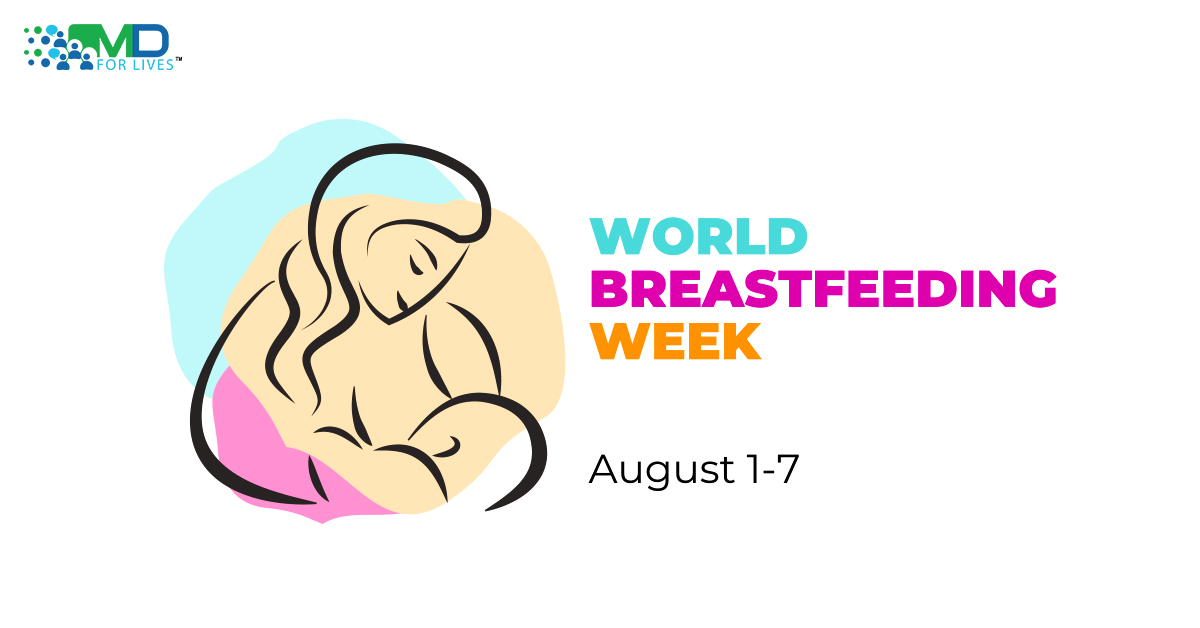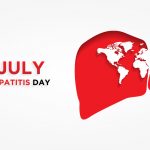With the world more connected and informed than it has ever been, it may seem as though advocates for breastfeeding have no problem getting their voices heard. Yet, the statistics indicate that only 41% of infants are exclusively breastfed until their sixth month. The World Health Organization estimates that 820,000 lives would be saved annually if infants were breastfed within their first six months of life. Due to lack of information or support, many women may not be aware of how valuable their liquid gold truly is.
Breast milk is known as nature’s perfect food. Mankind has yet to develop formula milk that can accurately match the qualities of breast milk. Human milk contains the right amount of macronutrients, vitamins, minerals, digestive proteins, and antibodies that infants need for healthy development. Studies have shown that breastfed babies usually suffer from fewer allergies, infections, digestive problems, skin conditions, and respiratory diseases (3). Fewer breastfed infants are also reported to succumb to sudden infant death syndrome (SIDS) (3). Experts have shown that breastfed infants may feel the benefits even until adulthood. Breastfeeding benefits extend to lower the risk of developing illnesses such as asthma, diabetes, weight problems, particularly obesity (3,5).
Breastfeeding has its advantages for mothers as well. Women who breastfeed are at lower risk for heart disease, obesity, diabetes, osteoporosis, postpartum depression, and certain cancers involving the female reproductive system (2,3). They also find it easier to lose weight postpartum. Apart from these health benefits, breastfeeding also helps cut costs. An estimated $1,000 (USD) may be saved yearly when breastfeeding is chosen over formula milk (3).
Breastmilk vs formula milk
2016 compared the metabolite profiles of human milk, formula milk, and bovine milk. Despite improvements in formula milk composition, the biological benefits of human milk still remain superior (7). Breast milk is associated with a higher IQ performance in children compared to formula milk (6). The fatty acids found in breast milk are critical in developing visual and cognitive function for infants. Furthermore, the administration of breast milk to preterm infants may help reduce the chances of postnatal morbidities (7). Brain tissue is rapidly formed in the last trimester, and the early infant stage, hence the transmission of fatty acids from the placenta is disrupted in case of premature delivery. Premature infants may have difficulty latching, but research has shown the advantages of breast milk over formula milk in increasing birth weight and preventing infections (9).
On the other hand, formula feeding is not without its benefits. Though some mothers may appreciate the convenience of breastfeeding compared to the time needed to prepare formula milk, others may find it hard to find latch time. Those who travel for work or have physically demanding jobs may have difficulty with their breast pump schedules and storage. Formula milk may help augment the lack of breast milk and also give other family members a chance to help feed the baby. Less milk is usually required in formula feeding as formula milk is not digested as easily as breast milk (2). Though breast milk is still the gold standard for babies, the decision to breastfeed is entirely dependent on the needs of the mother and child.
The right time to breastfeed
Exclusive breastfeeding is recommended by the American Academy of Pediatrics for the first six months (1). Complementary foods may be added afterwards, whereas breast milk is recommended until the baby reaches a year old. The WHO strongly advises breastfeeding within the first hour of life and continued breastfeeding until the age of two. Some cultures keep giving breast milk to their young school children without any known risks.
Women might worry about breastfeeding while sick, especially in light of the coronavirus outbreak. While experts are currently unsure whether or not the virus may be transmitted through breastfeeding, it is still safer to continue breastfeeding despite having COVID-19 symptoms. The nutrients and immunoglobulins found in breast milk will help to boost the child’s immune system and help prevent them from contracting diseases.
Some issues to consider about breastfeeding
Some mothers may have poor breast milk supply even after taking lactation promoting supplements. Others may have illnesses such as breast cancer that might make it more difficult to breastfeed. For mothers who have acquired viruses such as HIV or AIDS, breastfeeding is not recommended since it may be passed on to the baby through breast milk (3). Breastfeeding is also contraindicated if the mother is a heavy drinker, takes recreational drugs, or is on medications such as retinoids, chloramphenicol, or antineoplastics. Most other medications may be taken while breastfeeding, especially when the benefits outweigh the risks as advised by a physician.
Breastfeeding is undoubtedly not easy, and some women might struggle with their milk supply in the first few weeks. There might be mothers who are confused, frustrated, and on the verge of giving up. This is why women around the world need to come together in support of one another to spread awareness, share advice, and offer help when needed. Despite the challenges of breastfeeding, breast milk remains the best and most complex nutrient source for babies.

References
1 https//www.mayoclinic.org/healthy-lifestyle/infant-and-toddler-health/in-depth/breast-feeding/art-20047898
2 https//www.webmd.com/baby/breastfeeding-vs-formula-feeding#1
3 https//medlineplus.gov/ency/patientinstructions/000639.htm
4 https//www.sciencedirect.com/science/article/abs/pii/S2212267214018760
5 https//www.researchgate.net/publication/258346575_Advances_on_human_milk_hormones_and_protection_against_obesity
6 https//www.sciencedirect.com/science/article/pii/S1053811918308309?via%3Dihub
7 https//www.mdpi.com/1422-0067/17/12/2128/htm
8 https//www.who.int/features/factfiles/breastfeeding/en/
9 https//www.mdpi.com/2072-6643/9/5/520/htm
10 https//www.healthline.com/health/parenting/how-long-should-you-breastfeed#risks






